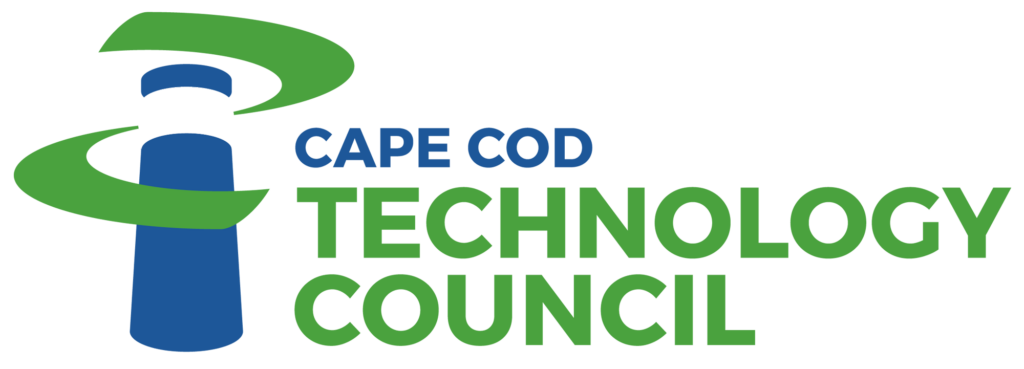We heard from two sub-committees at the Infrastructure Committee’s July meeting:
The Broadband subcommittee has compiled a list of resources to be added to the Tech Council website. This list in progress will give specific examples of local broadband initiatives and how they were accomplished, including Massachusetts Broadband Institute and municipal networks. There will also be contact information for those interested in the broadband status of their own towns. The committee expects to have a draft on the website in August.
It was reported that the Cape Cod Blue Economy’s new website is now live at expeditionblue.org
FalmouthNet also has a new website at Falmouthnet.org. FalmouthNet Board member Jason Cullinane brought committee members up to speed on the organization’s efforts. A study showed that it is feasible for Falmouth to have a high-speed fiber optic network in place. The organization then gathered funds to do an engineering study. Recently, Governor Baker signed the FY22 budget, which includes specific language to provide $150,000 directly to FalmouthNet for this engineering study. The study will give them the specific technical requirements for someone to build the network. Simultaneously, the organization is pursuing a municipal light plant (MLP) program for Falmouth, which would allow the town to provide utility services. FalmouthNet reported that this is a method other towns have used to set up their own municipal fiber networks.
It was also reported that Tim Wilkerson, New England Cable & Telecommunications Association wrote a letter in the Falmouth Enterprise undermining the idea of municipal fiber, specifically noting Open Cape. Open Cape will respond.
Falmouthnet is creating a series of explainer videos: on the municipal light plant, the last mile, and another clarifying the organization’s purpose and relationships.
According to FalmouthNet, the list of communities in Massachusetts that have gone the route of MLPs have high customer satisfaction records, as do municipal broadband efforts sponsored by light plants. If Falmouth joins the 41 towns in Massachusetts currently served by MLPs, local customer satisfaction will go a long way towards marketing the service to others. There are no Barnstable County towns currently served by MLPs.
There is federal funding for broadband access and deployment, but it is difficult for communities to qualify as unserved or underserved. The FCC’s current standard is 25 Mbps down/3 Mbps up, with access below that considered unserved. To qualify as underserved, base speeds must be below 100 Mbps down/20 Mbps up. 100/100 is considered a realistic standard.
Consumer Reports has launched the Broadband Together initiative to address connection equity. Consumers do a speed test and then send a PDF of their latest internet bill. Data will be aggregated nationwide.
An Act Relative to Municipal Energy Plans (H.3360)
Cape Light Compact Is a municipal aggregator serving Cape Cod and Martha’s Vineyard. Under state law, municipal aggregators have the right to implement Energy Efficiency programs, such as the MassSave programs. The Compact reported to the committee that over the last several years they have proposed Energy Efficiency programs and measures that are cost-effective but these programs have not been approved by the Department of Public Utilities. According to the Compact, the DPU has ignored municipal aggregators’ authority to go beyond the statewide plans and offer measures better tailored to our service territory. An Act Relative to Municipal Energy Plans (H.3360) is intended to clarify authority that already exist and take away the ability for the DPU to work around that authority. The Infrastructure Committee agreed to draft a letter in support of this Act, for review by the Tech Council Board.
There will be no Tech Council meetings in August, but do save the date for the Cape Cod Climate Change Collaborative’s Net Zero Conference on October 29.
